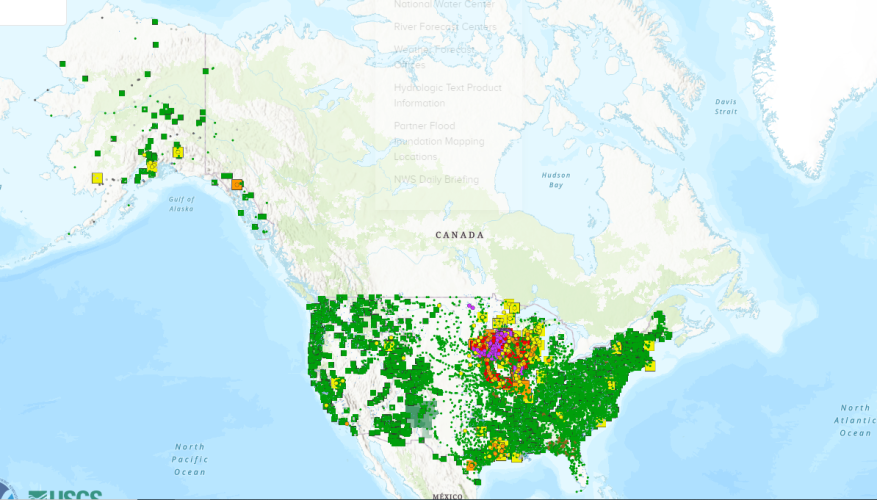I agree. It is fascinating, however, to observe the normally “strict constructionist” Hunt Talk crowd seem to take such a dynamic view of the Public Trust Doctrine on this particular issue.
i don't see it that way. nor do i think as many of us are as "strict constructionist" as you like to believe or claim. internet disagreements reveal little about peoples true nuanced beliefs.
and maybe it's because i don't care about this issue. maybe it's because navigable water ways is an entirely different beast in the west that the nuance on issues like this are so extensive it's hard to even know where to start to think.
but what basically boils down to a disagreement about an OHWM can't be distilled down into being pro public trust doctrine or not.





